The message here is based on researchers Grace Shin, Mohammad Hossein Jarrahi, Yu Fei, Amir Karami, Nicci Gafinowitz, Ahjung Byun, and Xiaopeng Lu who have conducted a literature REVIEW titled: Wearable activity trackers, accuracy, adoption, acceptance, and health impact: A systematic literature review (Full text). Here are their key insights 👇
![]()
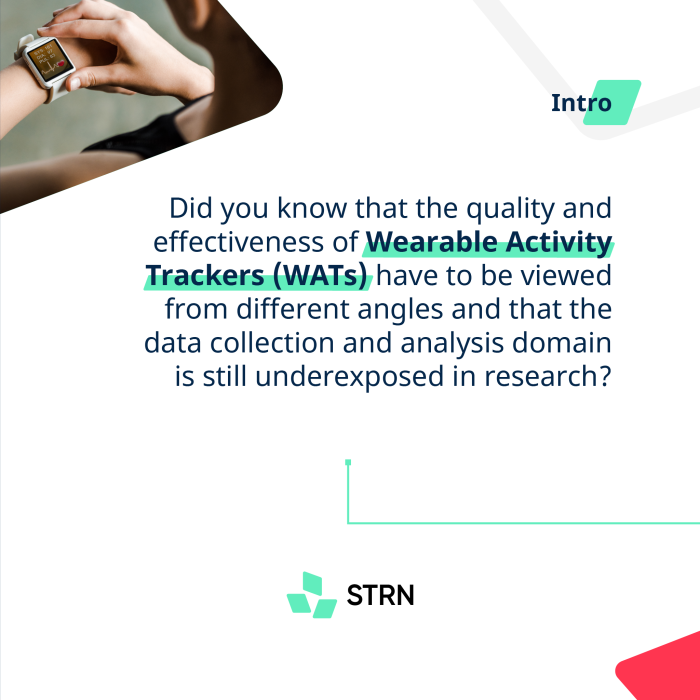
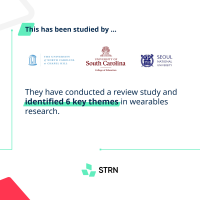
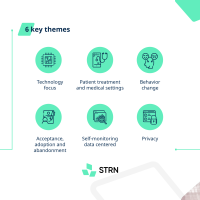
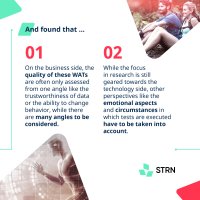

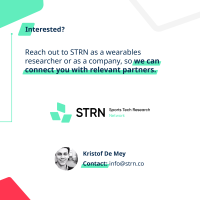
![]()
For those who like a short text version of the author's findings, here it is:
Did you know that the quality and effectiveness of Wearable Activity Trackers (WATs) have to be viewed from different angles and that the data collection and analysis domain is still underexposed in research?
This has been studied by researchers from The University of North Carolina at Chapel Hill, The University of South Carolina, and Seoul National University. They have conducted a review study and identified 6 key themes in wearables research:
- Technology focus
- Patient treatment and medical settings
- Behavior change
- Acceptance, adoption, and abandonment
- Self-monitoring data-centered
- Privacy
They found that on the business side, the quality of these WATs is often only assessed from one angle like the trustworthiness of data or the ability to change behavior, while there are many angles to be considered.
They also found that while the focus in research is still geared towards the technology side, other perspectives like the emotional aspects and circumstances in which tests are executed have to be taken into account.
So...
Companies should collaborate with researchers on underexplored domains, such as data analysis and long-term behavior change. This would lead to improved wearables, which create more value for end-users and strengthen the companies' market position.
We really liked reading this study as it delivers relevant insights on the intersection of research, business, and end-user.
![]()




